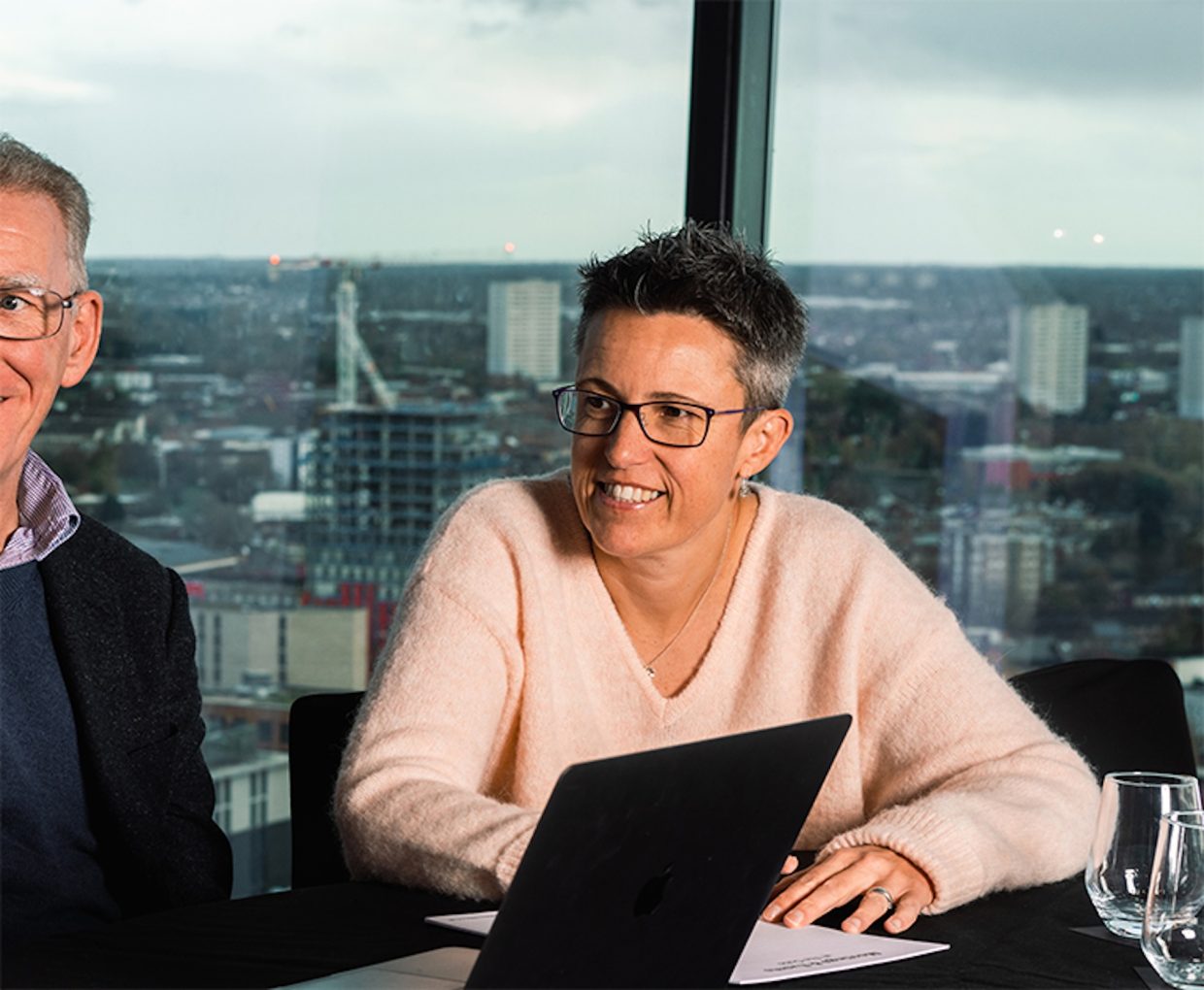Plan to tackle potential issues
Undertaking a project or digital transformation can bring about unforeseen circumstances. These are difficult to predict in terms of impact and timing. This phenomenon is called the ‘known unknowns’. It can often lead to increased team stress, loss of time deliberating the right course of action, and can sometimes cause change fatigue.
Some examples of known unknowns are new competitors entering the market, technological advancements, government regulations, or trends that may affect your initiatives.
However, experienced project managers have learnt how to handle these potential issues. They do this by understanding potential hazards, understanding the right mitigation methods to overcome risks, preparing for behavioural change needs, and preparing clients for the best and worst outcomes. But the question is, what steps can you take to best prepare for these situations?
1. Identify the known unknowns in projects
A beneficial thing about known unknowns is that they can be identified and planned for to a degree. It is often helpful to anticipate potential issues that may arise, even if the timing or impact is uncertain. This is where project management comes in. By preparing ahead of time, you can help reduce stress for your team and mitigate any risks that may threaten the success of your initiatives.
You should start preparing for projects by identifying and documenting all your assumptions regarding what you can foresee happening. This will help the team, and everyone involved, to be better prepared for the potential risks and changes that may occur. Transparency is key for this.
2. People are at the heart of change
When it comes to delivering any digital transformation, change or project, it is important to remember that people can make or break it. Therefore, communication and training are imperative when it comes to delivering outcomes and tackling known unknowns that may arise.
It is crucial to maintain effective engagement and communication throughout the process. This will ensure that objectives are being met. Therefore, regular feedback and evaluations should be conducted to monitor the progress. Regular meetings must be scheduled to ensure that the plan is on track and any potential issues are addressed promptly. It is important to do this before they escalate into a bigger problem.
3. Contingency planning
Accepting that there will be unexpected events, project teams should always have contingency plans to help prepare for risks that may impact people, time or costs. This could mean a level of understanding and agreement in place at a board level on what resources could be allocated in the event of a change in scope, what contingency budget is available, and the process for getting the change in direction approved.
Contingency plans should be developed at the start of any project. This is done through a risk assessment exercise and monitored throughout the project lifecycle to reassess and address risks. This also creates a healthy flexible culture.
Having contingency plans in place will help the team understand the unknowns better and minimise the severity and impact of any potential disruption, ensuring the project stays on track.
4. Create an alternative robust strategy
Another way of handling known unknowns is by implementing entirely new solutions or strategies. This is done in the event of something going wrong. It includes support about how to communicate to the team so that they can be prepared. Going through alternative solutions or strategies while planning will help the team to adapt to the change. It will also help them to be flexible should issues arise.
For example, it’s inevitable that during a programme of work, someone is likely to get sick. However, the unknown lies in who, when, and for how long. Therefore this could be something that can be built into a plan to ensure that a solution has been considered and is in place even if someone is unwell for a period of time.
5. Create a culture of adaptability and flexibility
Change projects are not linear. They ebb and flow requiring constant monitoring to make sure the desired outcomes will be met.
Having a flexible and adaptable attitude amongst the project team and wider stakeholders will prepare them for any known unknown. It will help them respond effectively as they arise. This can be achieved through clear communication, agile methodologies and having a constructive feedback culture.
Overall, while businesses may have a “Plan B” in place or even plan for the worst, the period of not knowing the outcome will always be intense. Therefore, businesses can use the help of consultancies to provide support at any stage of their change journey, from planning to implementation.
By taking a proactive approach and supporting your team, members will be able to be more flexible and adaptable to changing circumstances. This will make your digital transformation or project more successful in the long run.

